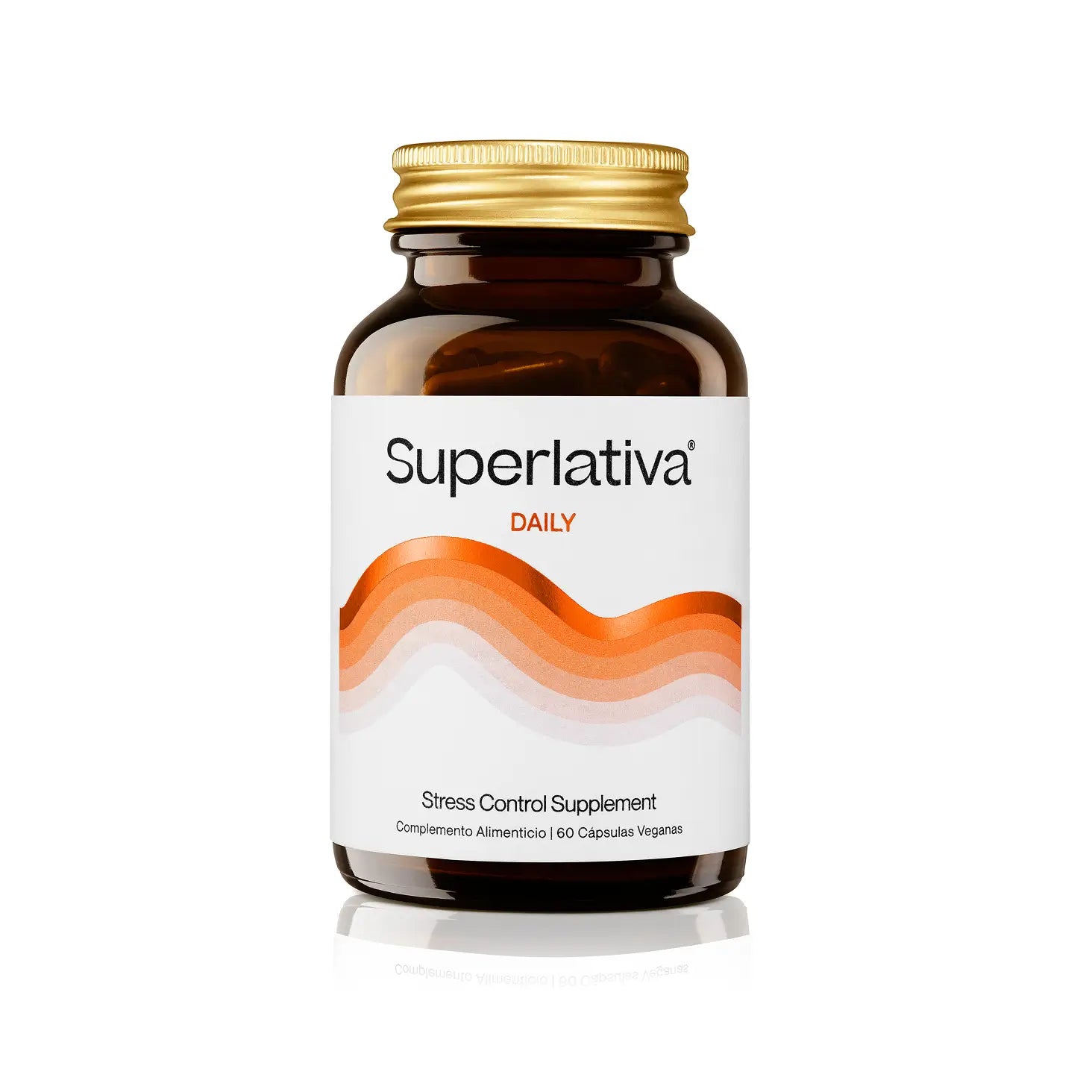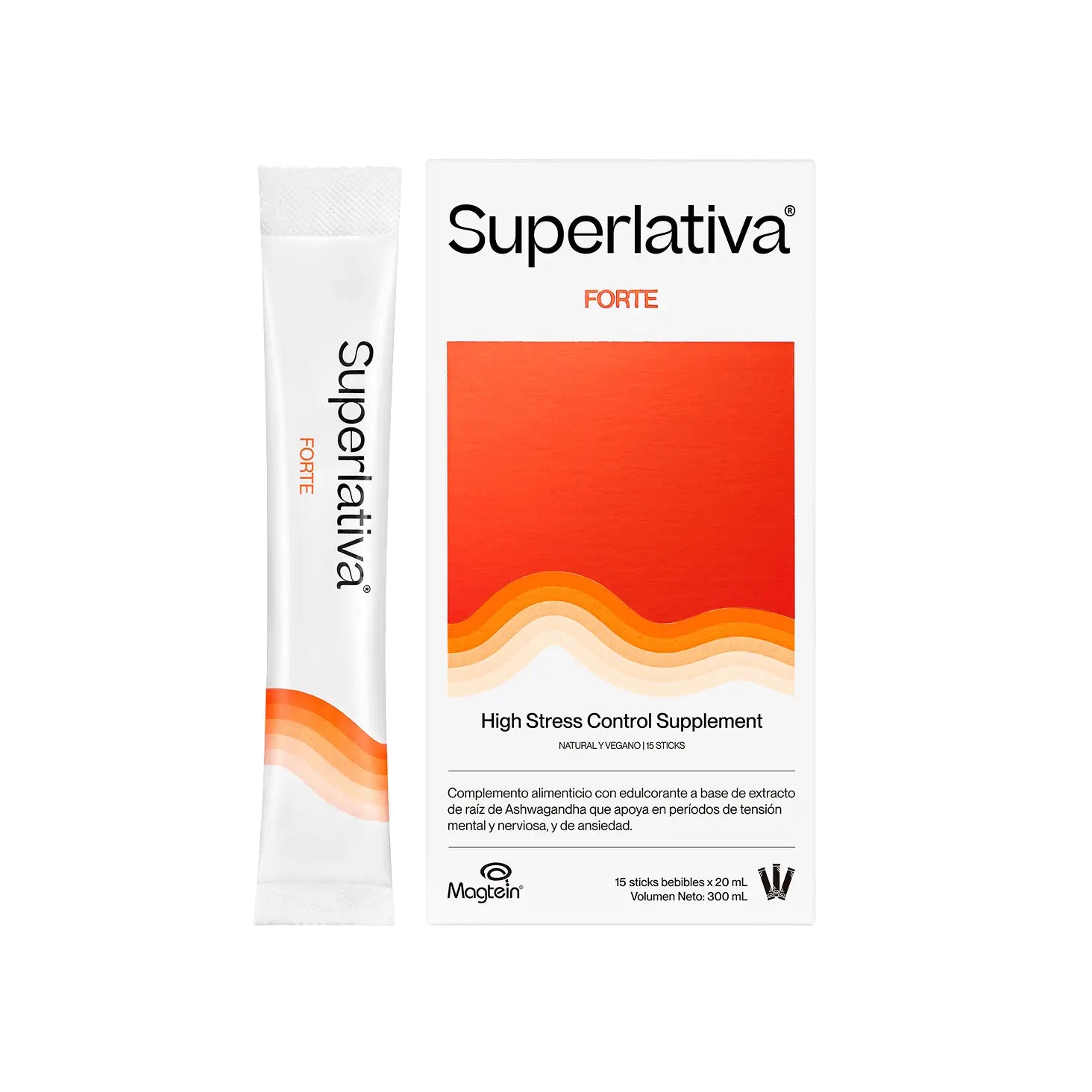Did you know that vitamin B5 is essential for the health of your skin and metabolism? Vitamin B5, also known as pantothenic acid, is a water-soluble vitamin that plays a key role in food metabolism and energy production in the body.
The health benefits of vitamin B5
Vitamin B5 offers several benefits for the body.
- Macronutrient metabolism: Vitamin B5 is essential for the metabolism of carbohydrates, proteins, and fats. It aids in the breakdown of these nutrients into usable energy. It may be key to preventing weight gain.
- Energy production: Vitamin B5 plays a key role in cellular energy production. It participates in the Krebs cycle, which is essential for the generation of ATP (adenosine triphosphate), the body's primary source of energy.
- Synthesis of steroid hormones: Vitamin B5 is necessary for the synthesis of certain steroid hormones, such as stress hormones (cortisol) and sex hormones (testosterone, estrogen, and progesterone).
- Skin health: It's commonly used in skin care products due to its ability to aid in skin regeneration and hydration. It can help maintain healthy skin and improve its appearance.
- Nervous system function: It plays a role in the health and function of the nervous system. It is involved in the production of neurotransmitters, the chemical messengers of the nervous system, and may have positive effects on cognitive function and mood.
Natural sources of vitamin B5 in foods
Vitamin B5 is found in a wide variety of foods, including:
- Meats (such as chicken, turkey, and pork).
- Fish
- Eggs
- Milk products
- Legumes
- Whole grains
- Nuts and seeds
The impact of vitamin B5 on skin and hair
Vitamin B5 has been associated with several benefits for skin and hair health:
- Skin hydration: Pantothenic acid improves the skin's barrier function, helping to keep it hydrated and soft.
- Skin regeneration: It has been observed to promote wound healing and cell renewal, which can speed skin recovery and help reduce the appearance of scars.
- Anti-inflammatory: Contains anti-inflammatory properties for the skin. It reduces inflammation and soothes irritated or reddened skin, which can be beneficial in cases of acne, dermatitis, or other inflammatory skin conditions.
- Hair strengthening: Helps improve hair structure and can reduce hair loss, as well as increase hair thickness and shine.
The importance of vitamin B5 in metabolism and energy
Vitamin B5 is essential for the metabolism of carbohydrates, proteins, and fats. It participates in the biochemical reactions that break down these macronutrients into smaller molecules for energy. Without adequate vitamin B5, the efficient metabolism of these nutrients is compromised. It also plays a key role in energy production in the body. It is part of an enzyme called coenzyme A (CoA), which plays a central role in the Krebs cycle, or citric acid cycle. This cycle is a critical part of cellular respiration and the production of ATP (adenosine triphosphate), the primary energy source used by the body's cells.
In addition to its role in energy production, vitamin B5 is also necessary for the synthesis of other important coenzymes, such as the fatty acid CoA and acetylcholine. These coenzymes are crucial for fat metabolism and proper nervous system function, respectively.
On the other hand, it is necessary for the synthesis of steroid hormones, such as cortisol, testosterone, estrogen, and progesterone. These hormones play a vital role in regulating numerous bodily functions, including metabolism.
Vitamin B5 and its role in mental health
Vitamin B5, also known as pantothenic acid, is an essential nutrient that plays several roles in brain function and may impact mental health.
Neurotransmitter synthesis: It is necessary for the synthesis of serotonin, dopamine, and norepinephrine. These neurotransmitters play a crucial role in regulating mood, sleep, and stress response. Adequate neurotransmitter synthesis can contribute to emotional balance and better overall mental health.
Brain energy metabolism: Vitamin B5 is involved in energy metabolism at the cellular level, helping to convert food into energy usable by the brain. An adequate supply of vitamin B5 may be important for maintaining good cognitive performance and supporting mental health. Low levels of this vitamin may be linked to memory problems and depression.
Stress reduction: It is involved in the production of hormones related to the stress response, such as cortisol. A proper balance of these hormones is essential for a healthy stress response. Vitamin B5 supplementation may help regulate cortisol levels and provide additional support during periods of stress.
Vitamin B5 deficiency
Vitamin B5 deficiency is rare in most people, as it is found in many common foods. However, in cases of chronic malabsorption, malnutrition, or certain diseases, a deficiency can occur, manifesting with symptoms such as fatigue, insomnia, irritability, gastrointestinal disorders, and muscle weakness.
How much pantothenic acid do I need?
According to the National Institute of Health, the amount of pantothenic acid needed depends on age and sex. The average recommended daily amounts are listed below in milligrams (mg):
|
Babies up to 6 months of age 1.7 mg |
|
Babies 7 to 12 months 1.8 mg |
|
Children 1 to 3 years 2.0 mg |
|
Children 4 to 8 years 3.0 mg |
|
Children 9 to 13 years 4.0 mg |
|
Adolescents 14 to 18 years 5.0 mg |
|
Adults 19 years of age and older 5.0 mg |
|
Pregnant women and adolescents 6.0 mg |
|
Women and adolescents during lactation 7.0 mg |
Vitamin B5 Supplements: When Should You Consider Using Them?
Below are some situations in which it may be appropriate to consider using vitamin B5 supplements:
- Vitamin B5 deficiency: If you have a known vitamin B5 deficiency, whether due to malabsorption, poor diet, or a medical condition that makes it difficult to absorb or metabolize the vitamin.
- Chronic stress: If you are experiencing chronic stress, vitamin B5 supplements may be considered as part of a comprehensive approach to stress management.
- Unexplained fatigue: If you experience unexplained fatigue and any other underlying causes, such as medical disorders or more serious nutritional deficiencies, have been ruled out.
Vitamin B5 is key to multiple functions of the body, as we have seen.
Electra and Aphrodite They contain vitamin B5 to ensure you don't suffer from a deficiency of this vitamin. [dib_prod_4856128569378]
[dib_prod_4850218500130]









